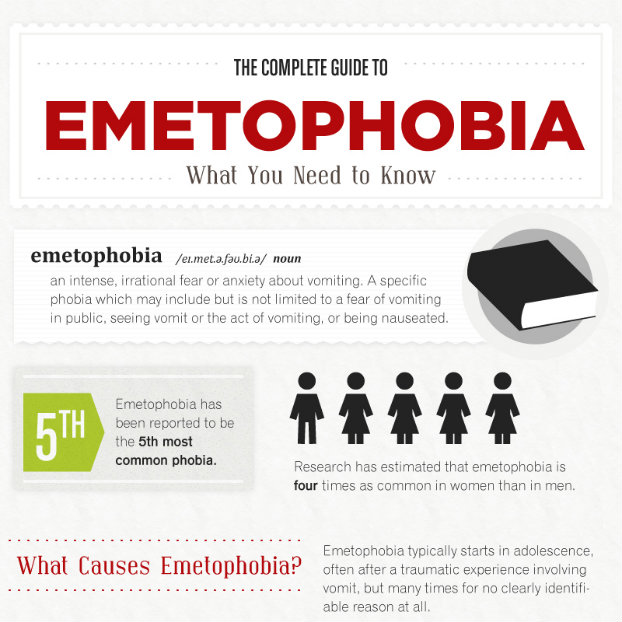“Just relax.”
“Take it easy!”
“Stop making mountains out of molehills!”
Healthy individuals do not always understand why people with anxiety disorders can’t simply “relax” or “calm down.” Healthy people do not feel nervous and afraid due to relatively harmless environmental stimuli. They generally can not relate to the considerable stress someone with high anxiety feels on a daily basis.
Phobias and panic attacks, especially, may seem irrational. Those who have to cope with having a phobia or experiencing spontaneous panic attacks are aware that their fear is unreasonable. This does not stop their brain from wrongly perceiving certain objects and situations as threatening. Unlike healthy people, they must learn how to train their body not to overreact to certain things.
Research findings have suggested that anxiety-related conditions like agoraphobia and panic disorder may have “a significant genetic basis.” To investigate the matter, experts examined the genome –a full map of genetic material — of individuals with anxiety disorders. They found that a large number of people in the study showed similar chromosomal abnormalities.
In another related study on panic attacks and phobias which sampled highly anxious individuals, 97 percent were found to have “a duplication of genetic material on chromosome 15.” By contrast, the abnormality was only seen in 7 percent of the healthy people in the study. This is a very promising finding which will hopefully lead to further research and better treatment options.
Interestingly enough, the first study additionally claims that different chromosomes are linked to different anxiety disorders. This means that there may be a specific chromosome linked to specific phobia, to panic disorder, and so on. Genetic links to panic disorder and neuroticism (a trait also associated with depression) are more similar than genetic links to various phobias.
Genetics are generally thought to be a factor in the development of schizophrenia and perhaps depression. A person with schizophrenia is much more likely than a healthy person to have a relative who also has schizophrenia. Someone with a schizophrenic twin is the most likely to have the disorder. However, environmental factors also have an effect on whether someone will develop schizophrenia or not.
How Can You Treat Anxiety If It’s Genetic?
Anxiety disorders have not been proven to be 100 percent genetic because they most likely are not. Two healthy parents can certainly have an anxious child. A healthy little boy can have an anxious sister. The role of environment and upbringing in the development of anxiety disorders should not be discounted.
Until we know for sure what causes anxiety disorders, the best option is to seek treatment. Alternative therapies (yoga, acupuncture), counseling, and medications are all available to you. Just remember– if one thing doesn’t work, try something else! The worst thing you can do is give up.





